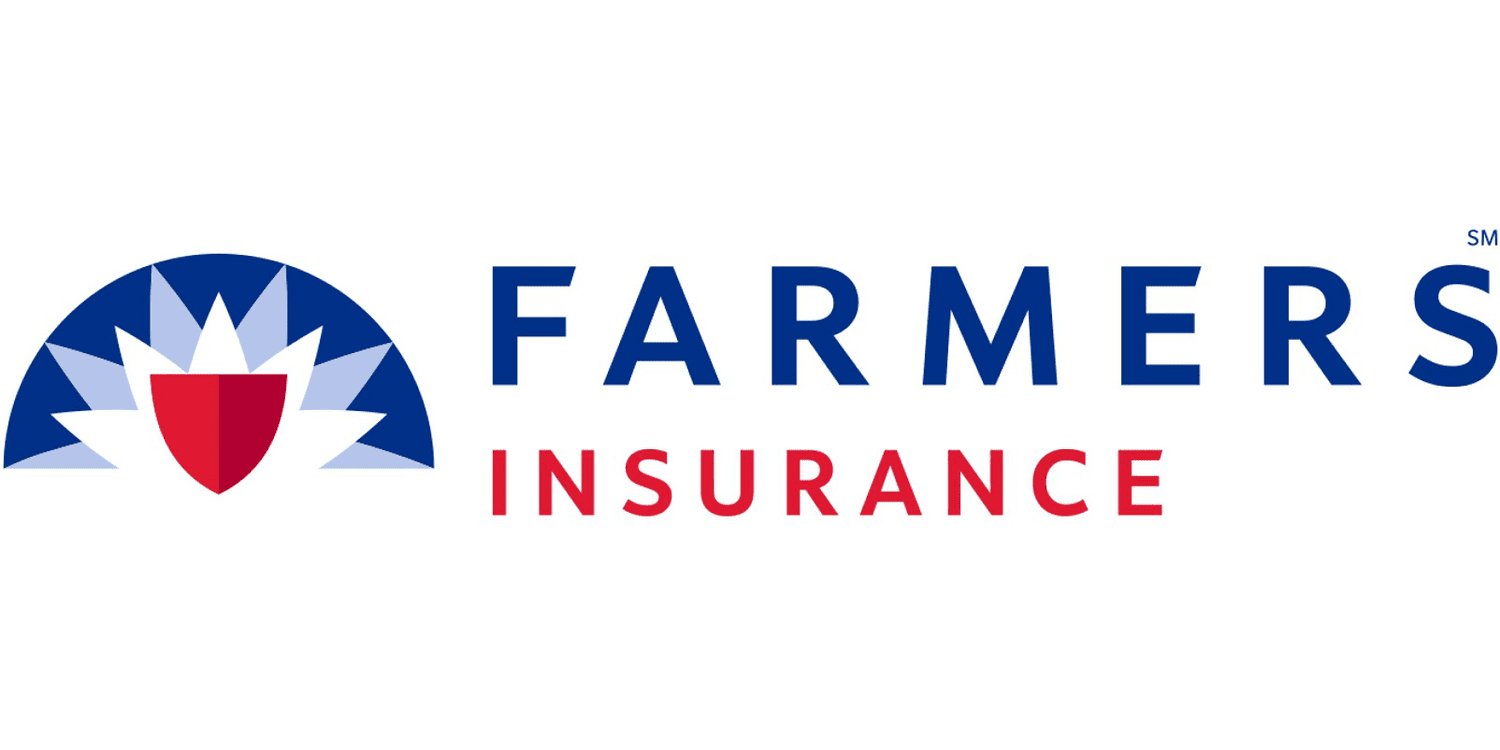
Negligence
Negligence is a legal concept that forms the foundation of many personal injury claims, involving a failure to exercise reasonable care that results in harm to another person. When someone acts negligently, they do not take the proper precautions that a reasonable person would in similar circumstances, leading to injury or damages. To establish a negligence claim, the injured party, or plaintiff, must prove specific elements that connect the defendant’s actions or omissions to their injuries. At 770GoodLaw, we help clients build strong negligence claims, pursuing fair compensation for injuries caused by another’s careless or reckless behavior.
Elements of Negligence
To establish negligence, a plaintiff must prove four key elements, which together show that the defendant’s actions were directly responsible for their harm. These elements include:
- Duty of Care: The plaintiff must demonstrate that the defendant owed them a legal duty of care. This duty varies based on the relationship between the parties and the circumstances but generally means acting in a way that avoids causing harm to others.
- Breach of Duty: The plaintiff must show that the defendant breached, or violated, their duty of care by failing to act as a reasonable person would. Breaches may involve reckless behavior, disregard for safety protocols, or omission of necessary actions.
- Causation: The plaintiff must prove a direct link between the defendant’s breach of duty and the injury suffered. This includes “cause in fact” (the injury would not have occurred without the breach) and “proximate cause” (the injury was a foreseeable result of the breach).
- Damages: The plaintiff must show that they suffered actual harm or damages as a result of the defendant’s negligence, such as medical expenses, lost wages, or pain and suffering.
Types of Negligence
Negligence can take many forms, depending on the nature of the incident and the parties involved. Common types of negligence include:
- Comparative Negligence: In some cases, both parties may share fault for an accident. Comparative negligence laws allow plaintiffs to recover damages, but their compensation is reduced based on their percentage of fault.
- Contributory Negligence: In states with contributory negligence laws, if the plaintiff is found to be even partially at fault, they may be barred from recovering any compensation.
- Gross Negligence: Gross negligence involves a severe disregard for the safety of others, going beyond ordinary negligence. It may involve reckless or intentional conduct that shows a lack of concern for foreseeable harm.
- Vicarious Liability: This form of negligence applies when one party is held liable for the negligence of another, such as an employer being responsible for an employee’s actions.
- Negligence Per Se: This type of negligence occurs when a defendant violates a law or regulation intended to protect public safety, such as traffic laws, leading to harm.
Examples of Negligence in Personal Injury Cases
Negligence can arise in many situations where an individual or entity fails to act with reasonable care, resulting in injury to others. Common examples include:
-
Car Accidents: A driver who speeds, texts while driving, or drives under the influence breaches their duty of care to other road users.
-
Slip and Fall Accidents: Property owners who fail to clean up spills or repair hazardous conditions, leading to an accident, may be negligent.
-
Medical Malpractice: A healthcare provider who fails to diagnose a condition, makes surgical errors, or provides improper treatment may be liable for negligence.
-
Product Liability: Manufacturers who produce defective products without proper safety warnings may be held responsible if the product causes harm.
Proving Negligence in a Personal Injury Claim
Establishing negligence requires substantial evidence to demonstrate that the defendant’s actions directly led to the plaintiff’s injuries. Steps involved in proving negligence include:
- Gathering Evidence: Collecting medical records, accident reports, witness statements, and other documentation that shows how the injury occurred and the defendant’s role.
- Working with Experts: Expert witnesses, such as medical professionals or accident reconstruction specialists, can provide insights and testify on technical aspects of the case.
- Establishing Causation: Evidence must show a clear link between the defendant’s actions and the plaintiff’s injuries, proving both cause in fact and proximate cause.
- Demonstrating Damages: Medical bills, income loss records, and documentation of pain and suffering help quantify the plaintiff’s damages and support a fair compensation amount.
How 770GoodLaw Assists Clients in Negligence Cases
At 770GoodLaw, we understand the complexities of proving negligence and work diligently to build strong cases for our clients. Our attorneys provide thorough support, from gathering evidence to negotiating with insurers or representing clients in court. Our approach includes:
- Conducting In-Depth Investigations: We gather comprehensive evidence, interview witnesses, and document all aspects of the accident to establish the defendant’s negligence.
- Working with Expert Witnesses: Our team collaborates with trusted experts to provide credible testimony that strengthens our clients’ cases.
- Negotiating for Fair Settlements: We advocate for full and fair compensation with insurance companies, ensuring that our clients’ damages are accurately valued.
- Providing Court Representation: If a fair settlement cannot be reached, we represent our clients in court, presenting a compelling case for maximum compensation.
Importance of Legal Representation in Negligence Cases
Proving negligence requires an understanding of legal standards, evidence collection, and persuasive argumentation. Skilled legal representation helps clients navigate the complexities of negligence claims, ensuring that their rights are protected and that they receive fair compensation. At 770GoodLaw, we provide dedicated support for clients in negligence cases, helping them pursue justice and financial recovery.
Why Choose 770GoodLaw for Negligence Claims
Our commitment to Relentless Reliability and Sincetegrity drives us to provide comprehensive, client-centered support in negligence claims. At 770GoodLaw, we work to maximize our clients’ compensation, ensuring that they receive the resources needed to recover and move forward.






